Legal implications over Indigenous voice to parliament should give us the chills
Those who say the Indigenous voice to parliament is not about people’s rights need to explain their argument.
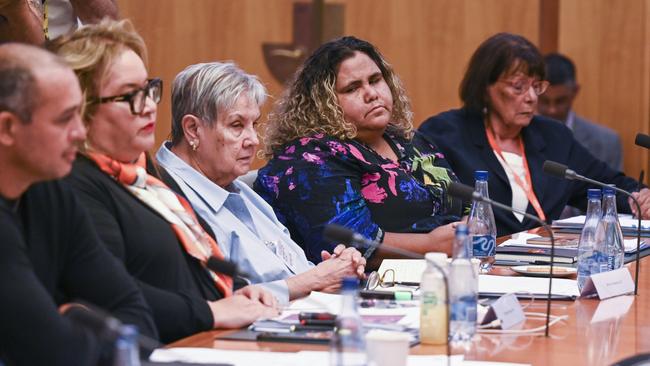
The government has appointed the Constitutional Expert Group to provide advice to the Referendum Working Group and the government on the Indigenous voice to parliament.
The group comprises some of the most distinguished public lawyers in the land. Chaired by Attorney-General Mark Dreyfus and Indigenous Australians Minister Linda Burney, it is not independent of government.
In December last year, Advance Australia placed dozens of Facebook advertisements related to the proposed voice to parliament. The advertisements claimed that the voice would provide “special rights” to one race of people.
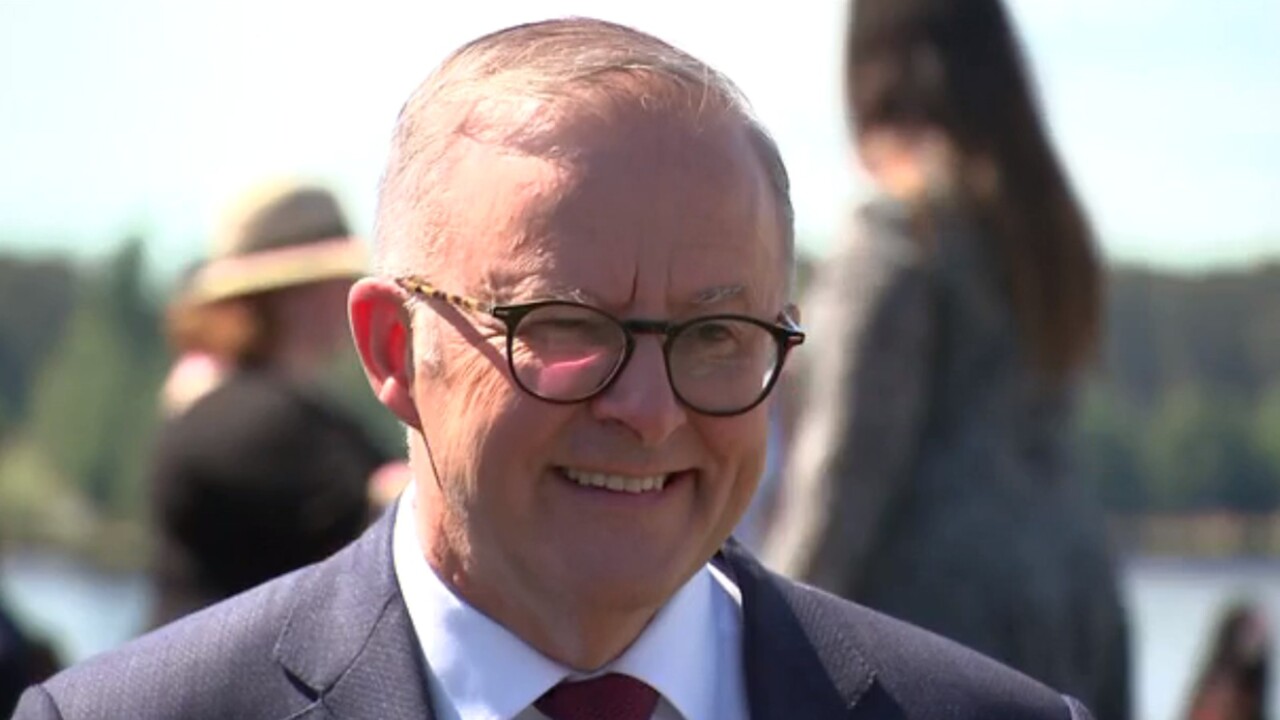
Within days, in an “advice” which sought to downplay the impact of the voice, the expert group declared that the voice does not confer “rights”, much less “special rights”, on Aboriginal and Torres Strait Islander peoples. To justify this, the expert group noted the voice doesn’t take away anyone else’s rights, and that all individuals and organisations can already provide advice to parliament and government. Neither of these observations directly supports the answer to the question.
Soon after, RMIT FactLab published a “fact check” to address Advance Australia’s claims. Referring to the findings of the expert group, and to additional information given to RMIT FactLab by Professors Anne Twomey and Gabrielle Appleby – one of whom is a member of the expert group, and both of whom have worked among the group of academics who have developed the PM’s proposed amendment – RMIT FactLab said: “The claim has been rejected by leading Australian legal and constitutional experts.”
RMIT concluded that the claims in the ads were false. Unsurprisingly, by the new year, Facebook had cancelled Advance Australia’s ads, shutting down the claim that the voice afforded special rights to a group of people. Predictably, Advance Australia is now widely accused of pedalling “misinformation” by voice proponents.
Well, what are the facts?
The voice proposal provides for constitutionally mandated representative body, and privileged access for Indigenous people to make representations to the parliament and government on matters affecting Indigenous people. The access will therefore extend not only to laws and policies specifically about Indigenous people, but to matters that affect all Australians: welfare, taxation, climate change, the environment, to name a few. The four new sentences will be located in an entirely new chapter of the Constitution. Since Federation, no Australian referendum has ever proposed a new chapter in the Constitution.
As currently proposed, the voice will amount to a new group right in the Constitution. It will be exercised collectively and exclusively by Indigenous people.
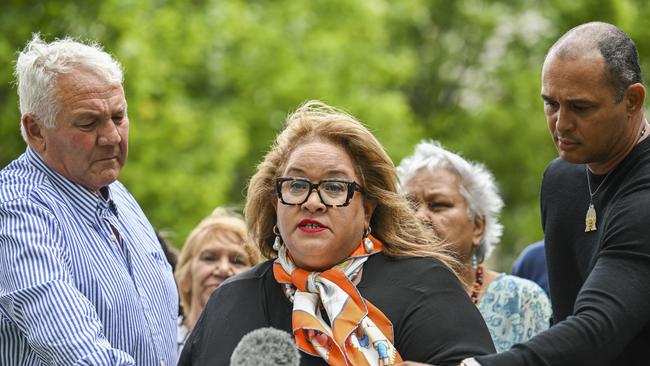
It looks quite a lot like the right referred to in Article 19 of UN Declaration on the Rights of Indigenous Peoples, but even the United Nations does not suggest constitutional entrenchment.
Interestingly, by his repeated reference to good manners requiring that as a society we owe it to Indigenous people to accede to the Indigenous request for a voice, Prime Minister Anthony Albanese places the voice squarely within influential 20th-century philosopher Joseph Raz’s foundational conception of a group right; a group’s interests will generate rights when it can be said there is a duty owed to them by others. In this case, the duty is to listen. It is owed to Indigenous people by non-Indigenous Australians. The corresponding collective group right is the Indigenous right to make representations or provide advice.
Recently Sydney University law professor Simon Rice perfectly enunciated the group right when he concluded a column proclaiming the voice “is a positive enactment of … Indigenous peoples’ human right to participate in political decisions that affect their economic and social conditions”. Indeed.
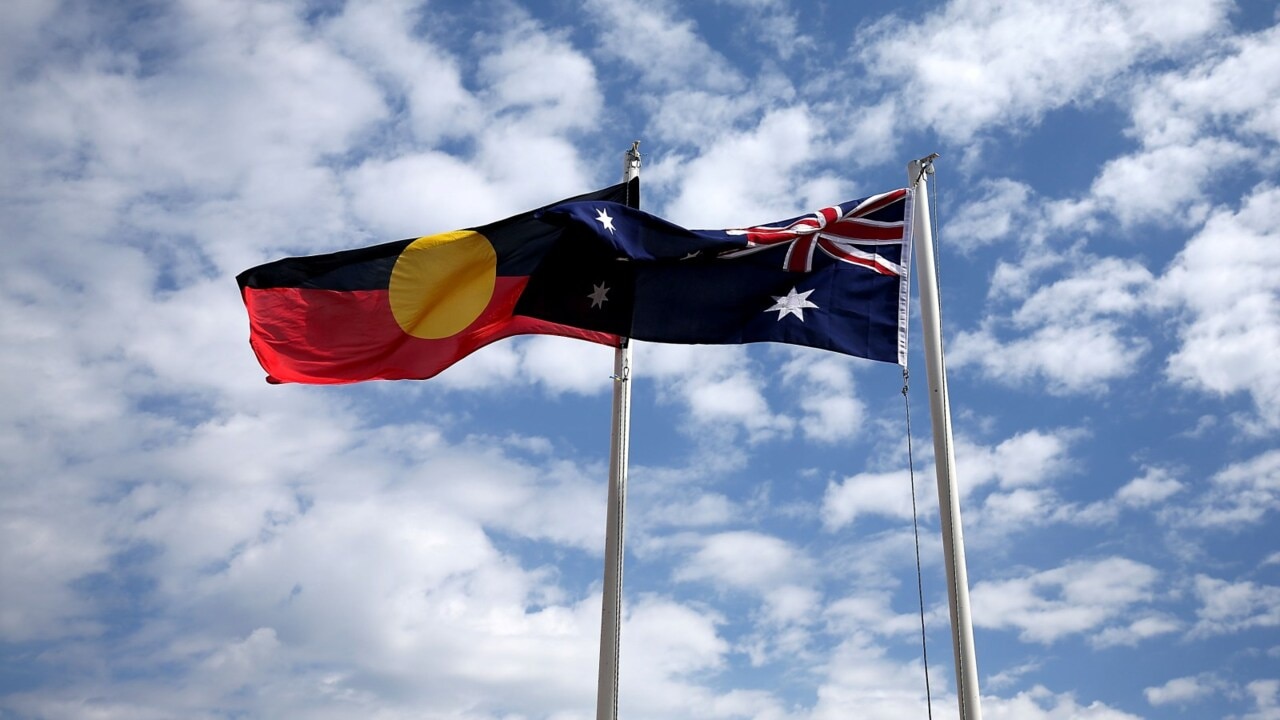
I’m also with Appleby. In 2021, she blogged that “the (voice) would … provide an important reordering of the hierarchy of the state (and) … transformation in Australia’s established constitutional institutions”.
There is no doubt about this. By boldly entrenching a new group right, we are set to find ourselves with a novel and unprecedented advisory fourth arm of government. Of course, some people will be comfortable with that, and that is fine. But many Australians would be surprised to hear this characterisation.
Respectfully, the best that can be said for the expert group’s claim that the voice does not afford any kind of rights is that it is a mere assertion. The effort would be laughed out of court if it were ever put as a complete response to the issue at hand. It appears to deliberately approach the question viewed through a straw. The justifications provided are mostly beside the point and therefore wholly unsatisfactory. It is quite possible that the matters raised in this column have simply not been considered by the expert group. To demonstrate integrity, the claim should be revisited and conclusions explained.
As we go down this path we need a transparent, honest and robust public debate about the magnitude of what is being proposed, and the various options available. Yet the debate already has an ominous Kafkaesque feel, even before it has started. It should send a chill up the spine of every Australian.
Louise Clegg is a Sydney barrister.

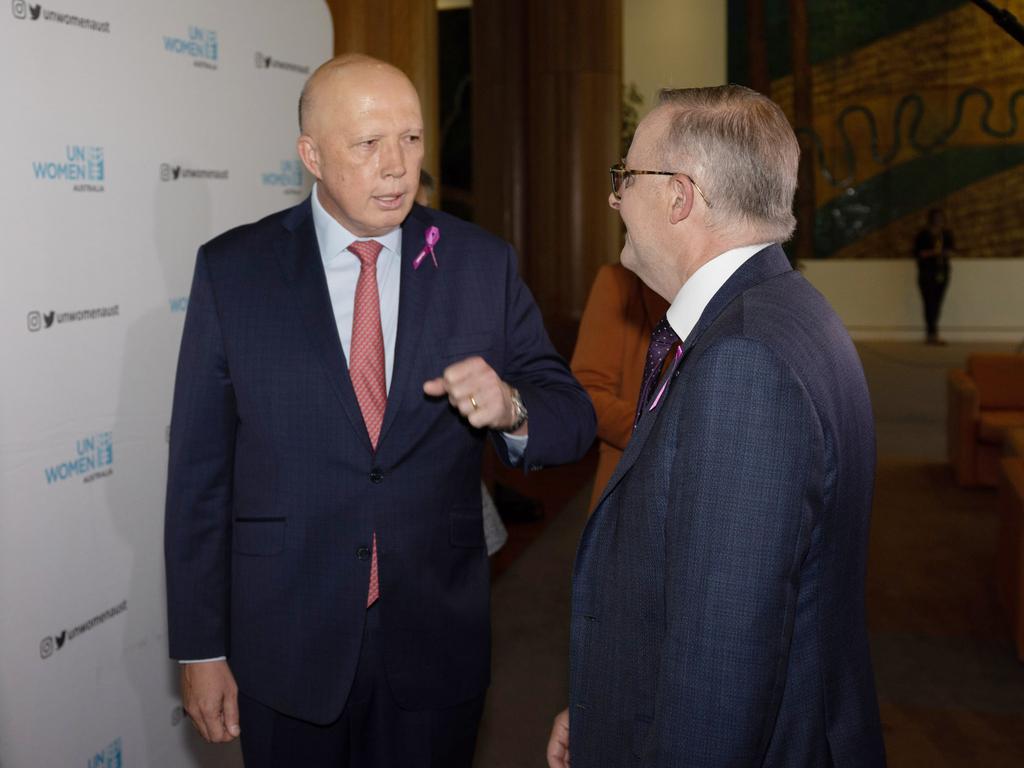
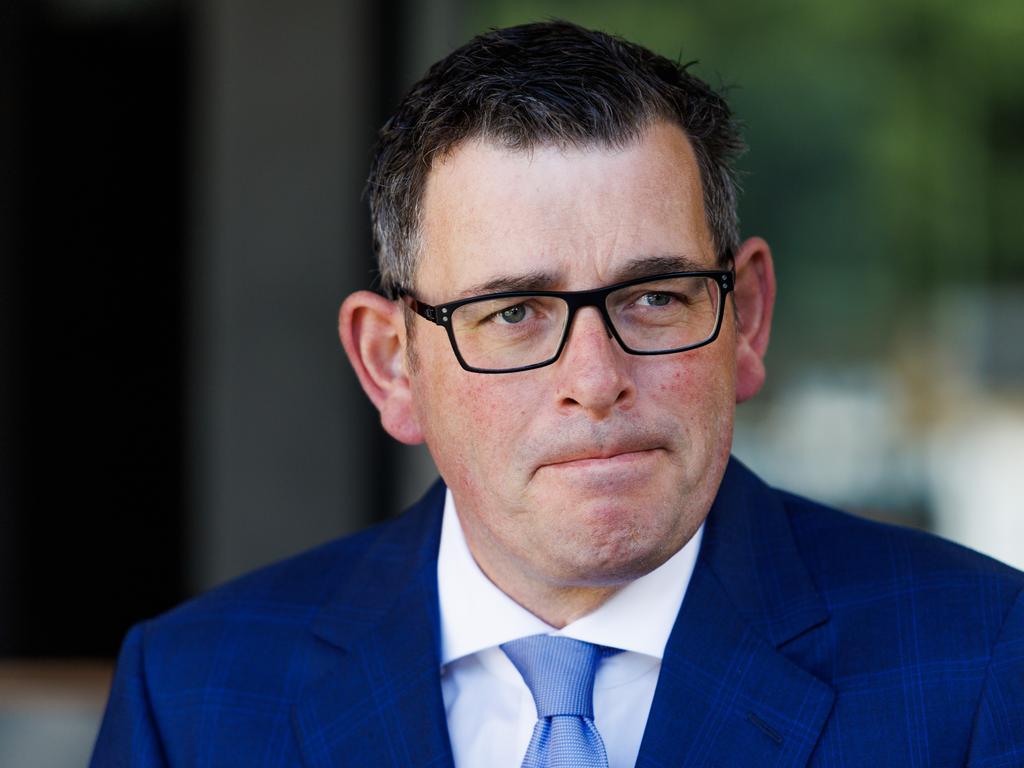
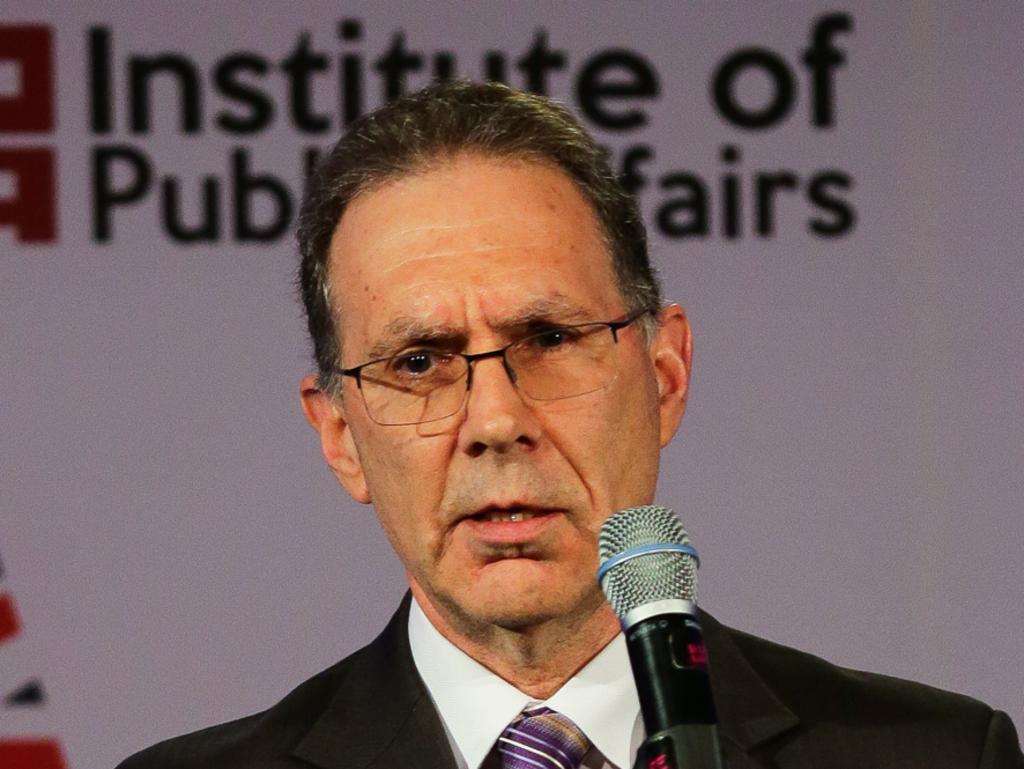



To join the conversation, please log in. Don't have an account? Register
Join the conversation, you are commenting as Logout